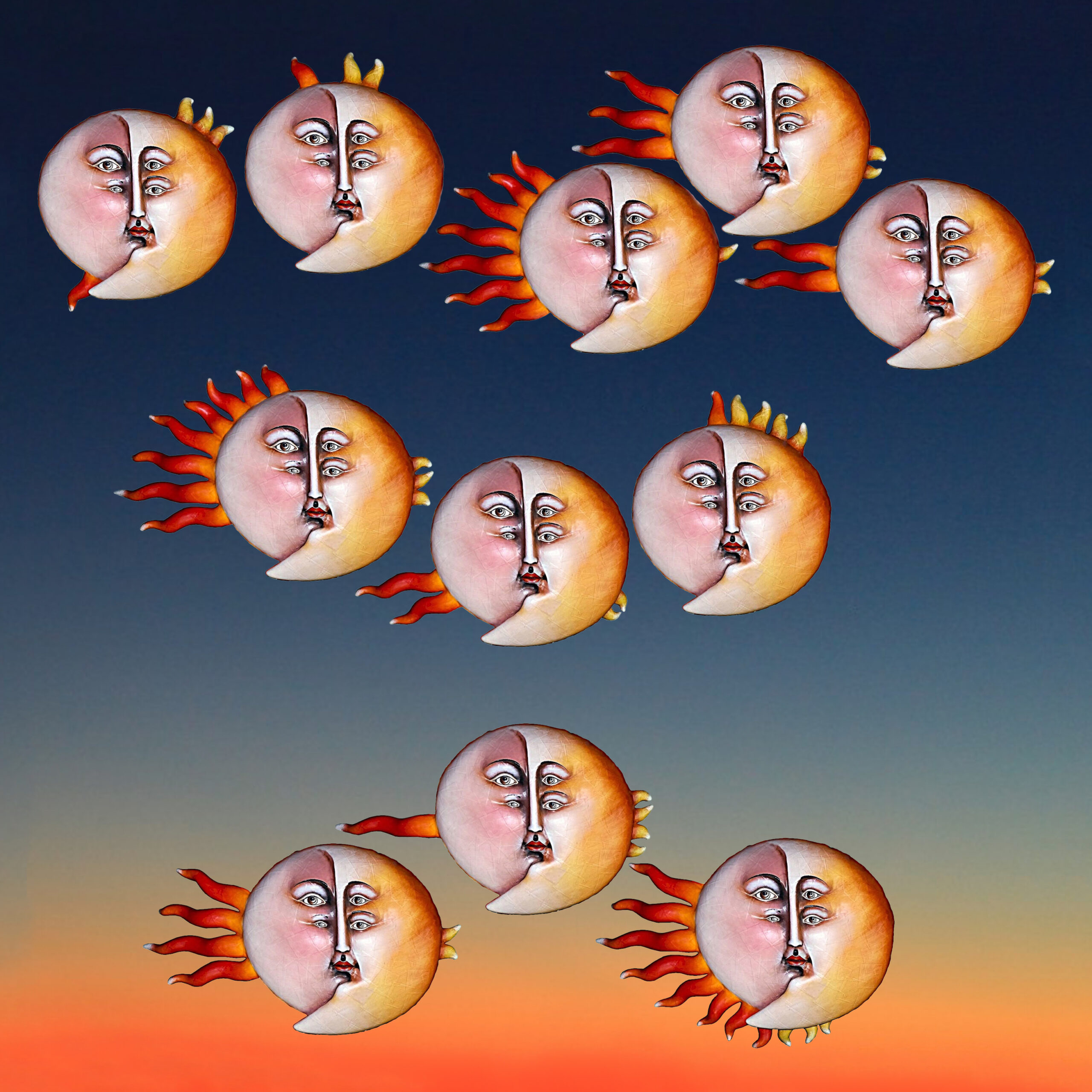
You live in the house of two mothers immersed:
One births the other and the other births the first.
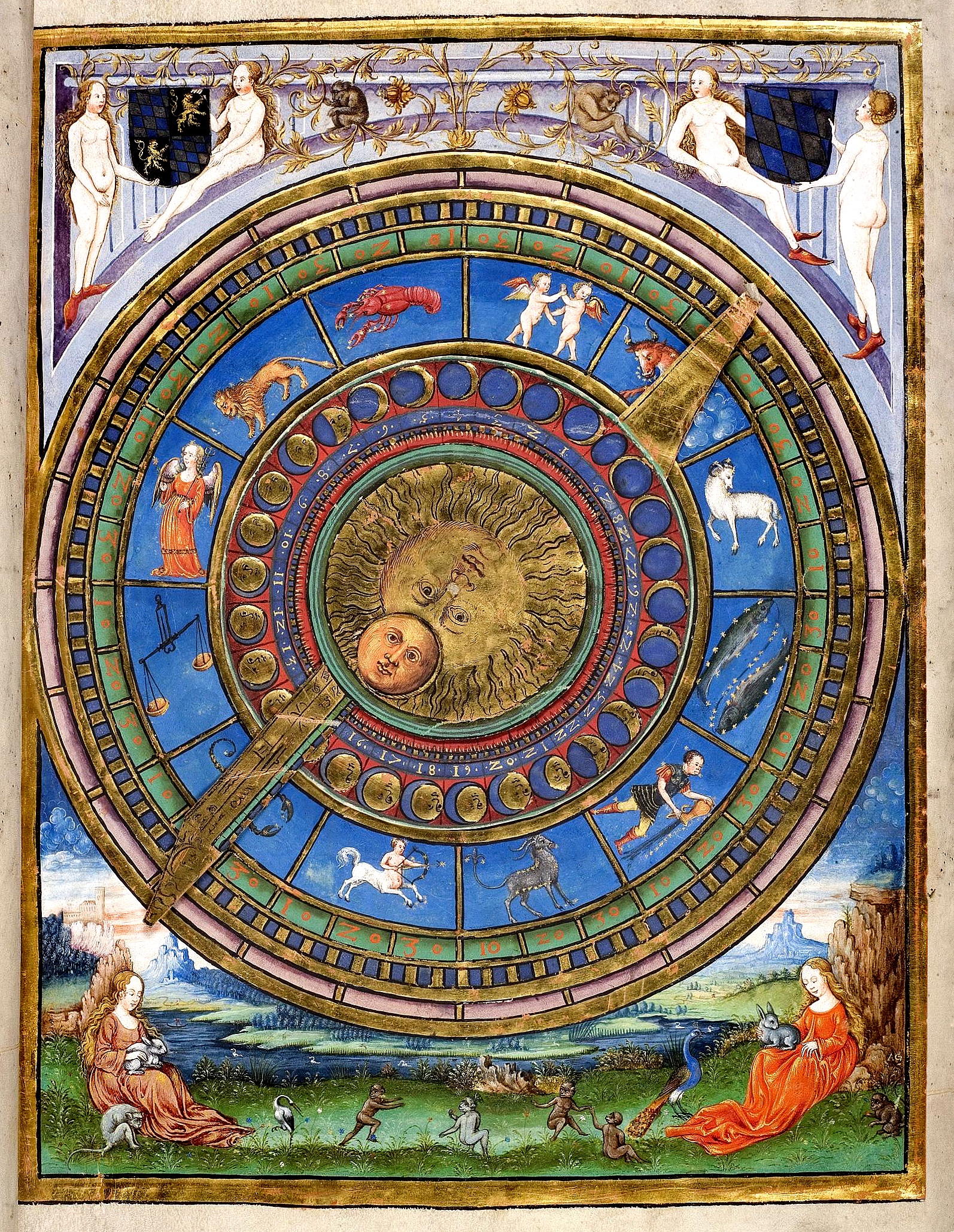

You live in the house of two mothers immersed:
One births the other and the other births the first.

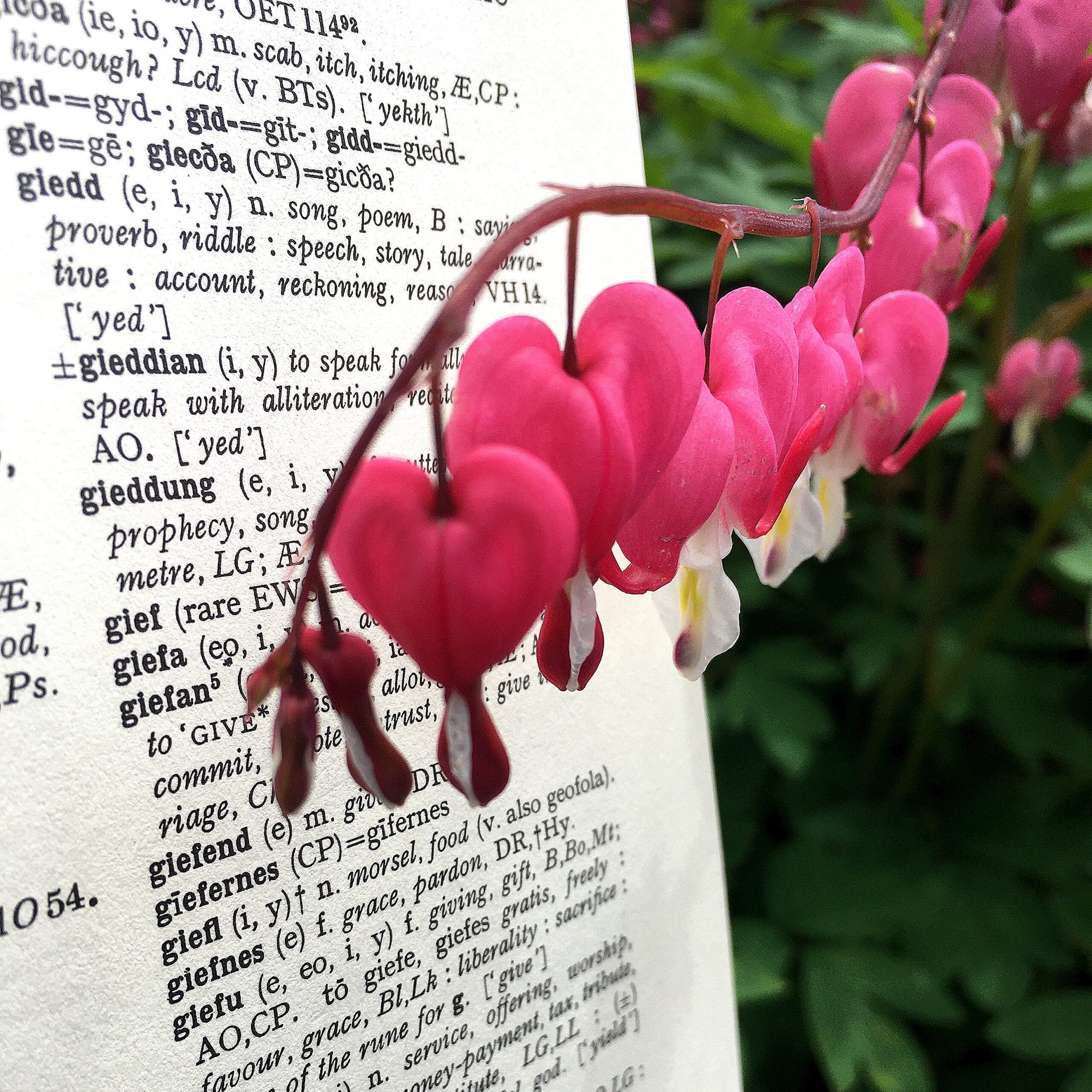 You possess me always but may touch me not,
You possess me always but may touch me not,
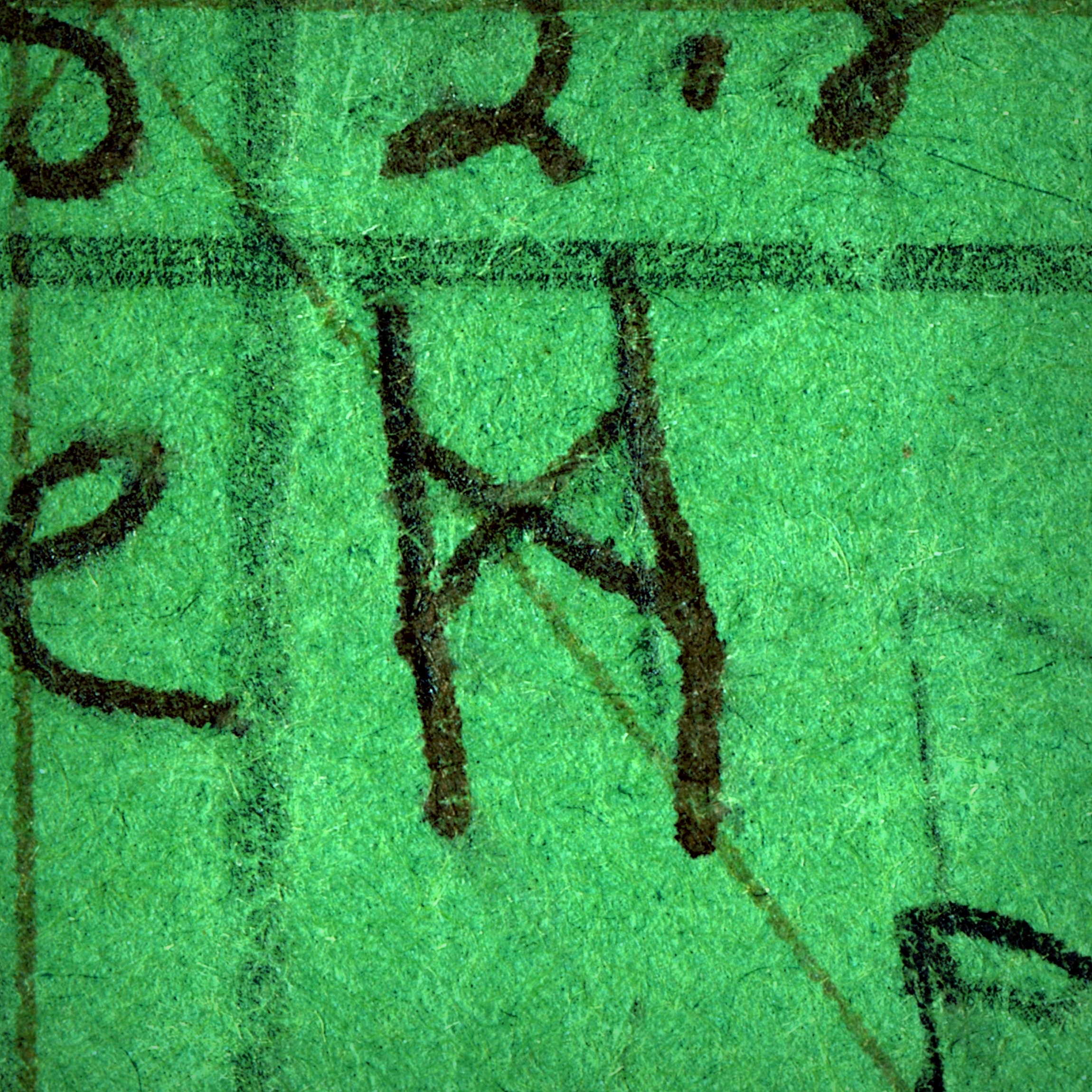 D. Voiced alveolar dental stop. You use your voice and soft palate to make the sound, make your breath stop against your teeth. Leave your larynx out of it and you make a T. D was sometimes spelled with a T in later Old English, and it would occasionally appear as the letter Eth which looks like this: Ð and this: ð. Eth is kind of a cross between a Þ (thorn, TH) and a D. A th sound with a little D flavor. Eventually the Ð and Þ became interchangeable leaving the D to stand alone, exiled in wretchedness.
D. Voiced alveolar dental stop. You use your voice and soft palate to make the sound, make your breath stop against your teeth. Leave your larynx out of it and you make a T. D was sometimes spelled with a T in later Old English, and it would occasionally appear as the letter Eth which looks like this: Ð and this: ð. Eth is kind of a cross between a Þ (thorn, TH) and a D. A th sound with a little D flavor. Eventually the Ð and Þ became interchangeable leaving the D to stand alone, exiled in wretchedness.
Make a thorn and point it at a reverse thorn. A thorn in a mirror. Let them keep in touch, they are very close.
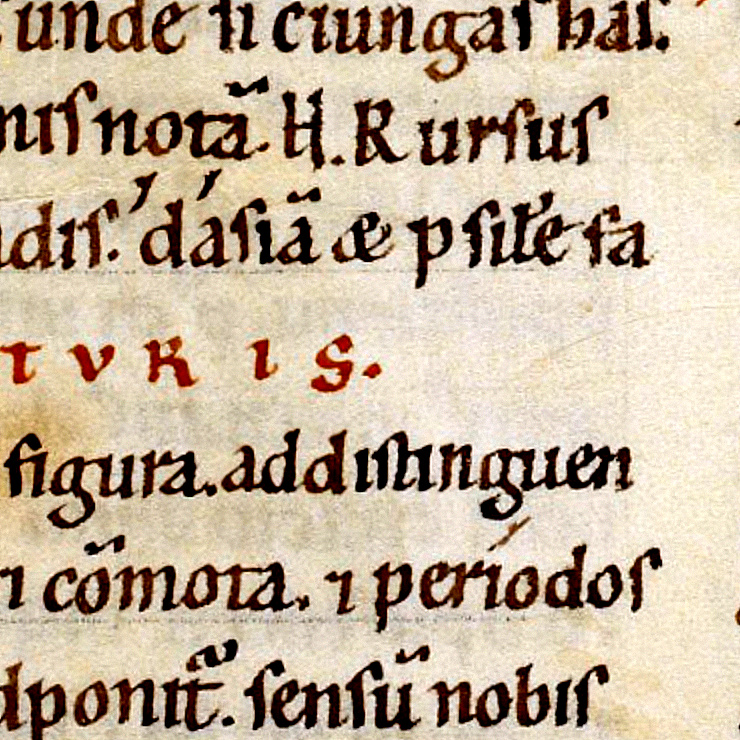
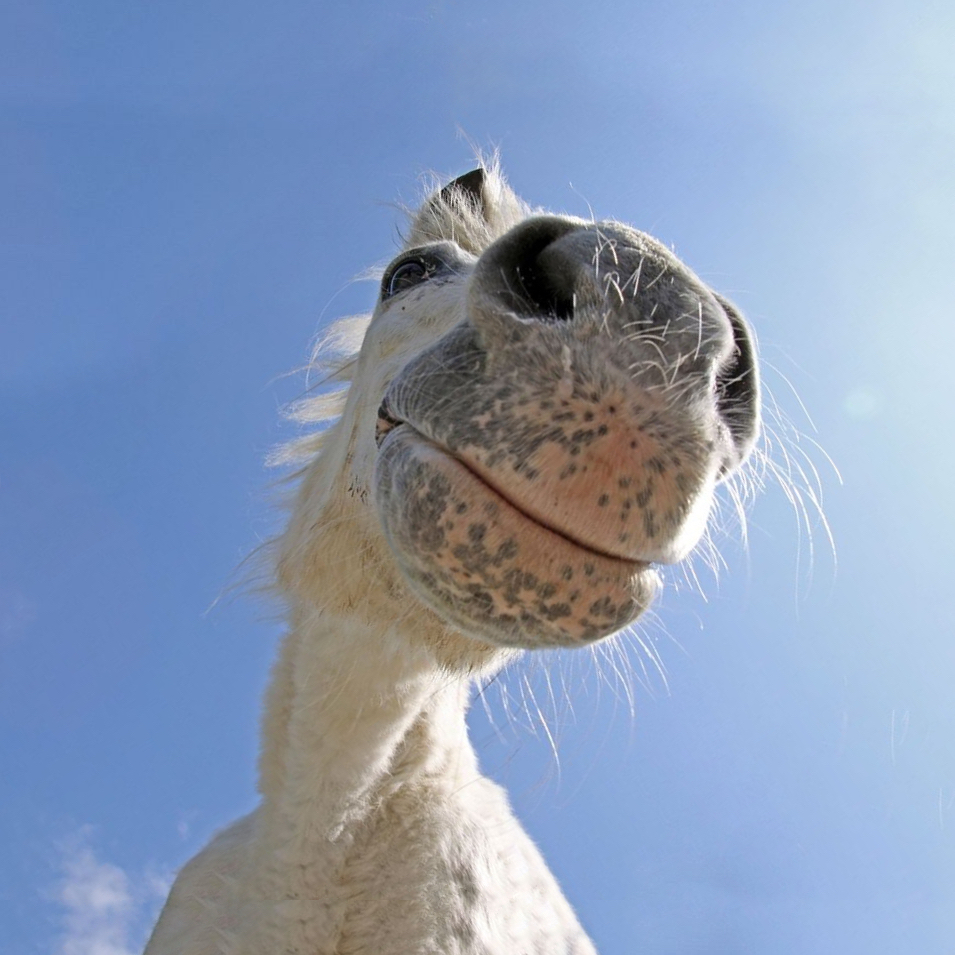 You galloped into town on Wednesday
You galloped into town on Wednesday
On Wednesday you did depart
Three nights and no more you did stay
How did you achieve such an art?
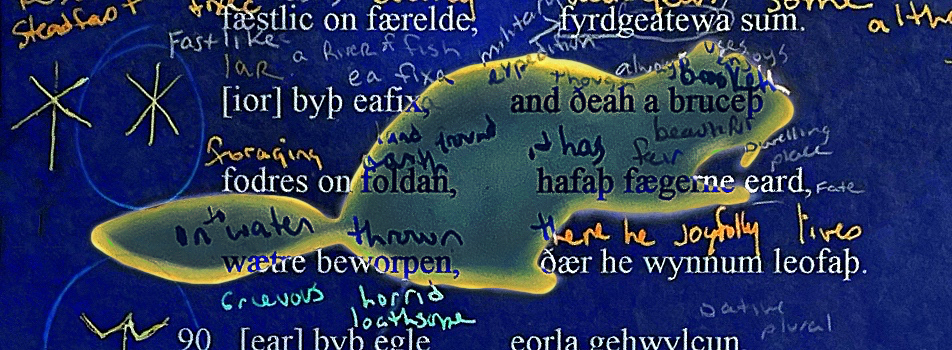
What is this thing Ior? Runes are riddles and this one is unsolved, but let’s try anyway.
The Rune Poem calls ior a river fish that forages on land. Amphibian. Eel fits well. Some say it is a newt or possibly a water mammal like an otter. Most translators choose eel because it was important in medieval Britain, it was food. I assumed eel for this reason for quite a long time. But this is no way to solve a riddle.
The name of this rune is Ior. There exists an Old English word for eel and it’s not ior, it’s ælfisc. Eel fish. They didn’t call this rune eel fish. They didn’t call it anything we can understand: ior is not a word in Old English, unless it means the letter IO or the rune ᛡ. We have to look under the surface if we want to find this river … More
